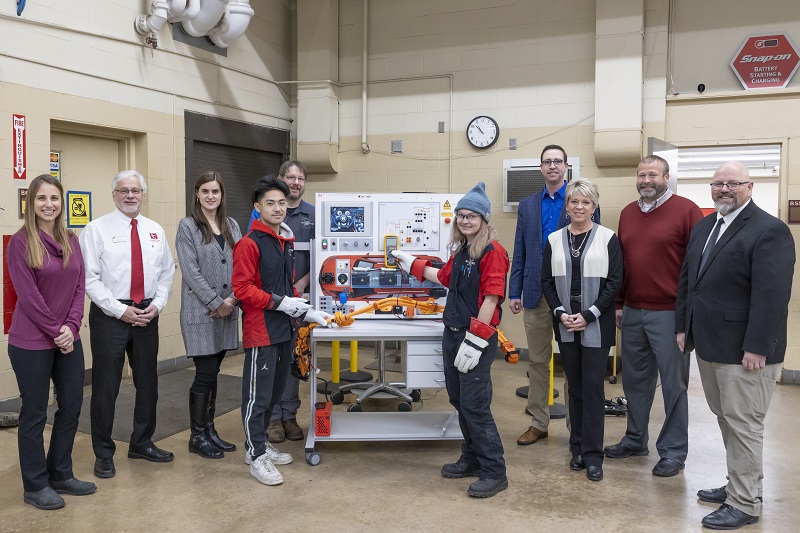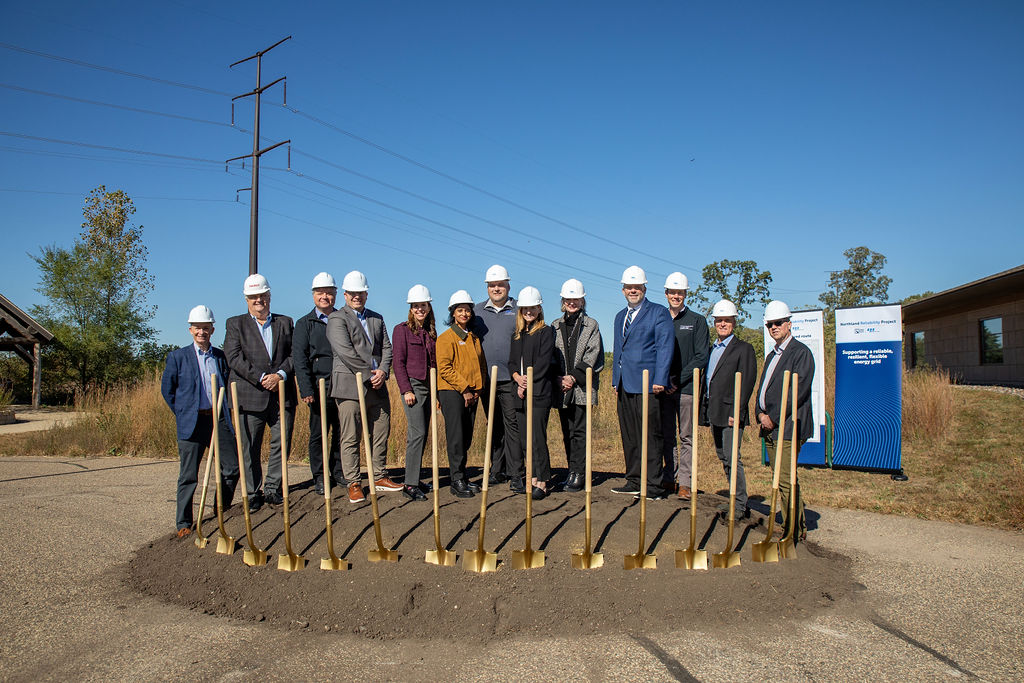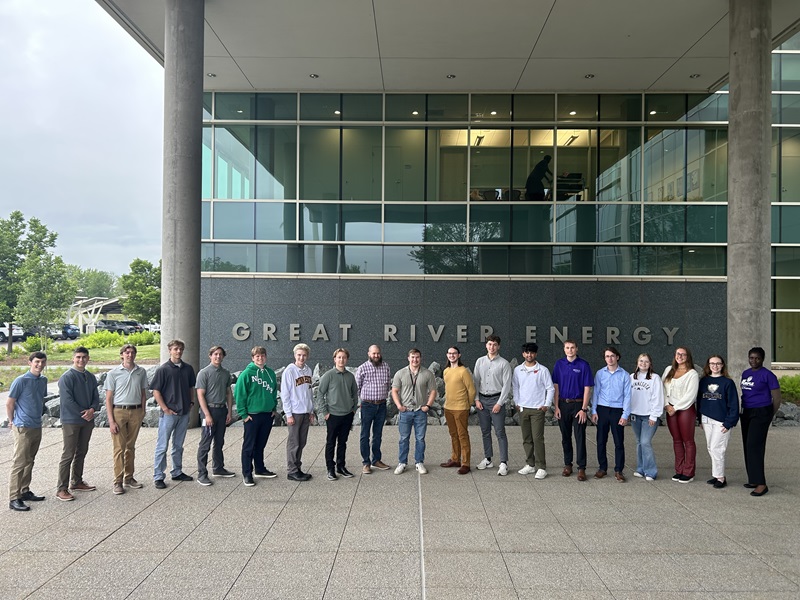Electric vehicles (EVs) are gaining in popularity, but as the EV fleet expands, so does the need for trained technicians when maintenance or repair needs arise.
Kandiyohi Power Cooperative (KPC), based in Spicer, Minnesota, and Great River Energy are working with a local community college to meet the need for qualified EV techs.
KPC donated $73,408 in unclaimed capital credits and Great River Energy contributed $12,000 toward the purchase of an EV training simulator along with associated course materials at Ridgewater College in Willmar, Minnesota.

“Our current curriculum includes some electric vehicle safety and system operation,” said Jon Friton, instructor of automotive service at Ridgewater College. “However, this industry donation will provide an electric vehicle simulator for students to troubleshoot hybrid and plug-in electric, as well as fuel cell vehicles.”
KPC Chief Executive Officer Ryan Nelson said supporting the effort is part of the co-op commitment to members and community. One concern about EV ownership the co-op has heard from members, he noted, is whether someone qualified will be available to work on their EV when necessary.
“Workforce development is a critical, but an often-overlooked piece to the electric vehicle transition,” Nelson said. “If the dollars we donate alleviate some of these concerns and help students in our community, I consider that a good investment.”
The donation will also be used for instructor training, battery packs and electric motors students can work on in a new course that began February. The class allows students “to dive deeper into the exciting and advanced world of EVs,” Friton said. He added that nearly half the program’s current students plan to take the training.
Great River Energy has a long history of helping its member-owners navigate EV adoption in their respective areas of the state.
Rodney De Fouw, Great River Energy member electrification strategist, said supporting the effort is an example of how Great River and other co-ops are working to make sure members and their communities are prepared “when it comes to the ramifications of emerging technologies.”
 " data-object-fit="cover">
" data-object-fit="cover">
 " data-object-fit="cover">
" data-object-fit="cover">